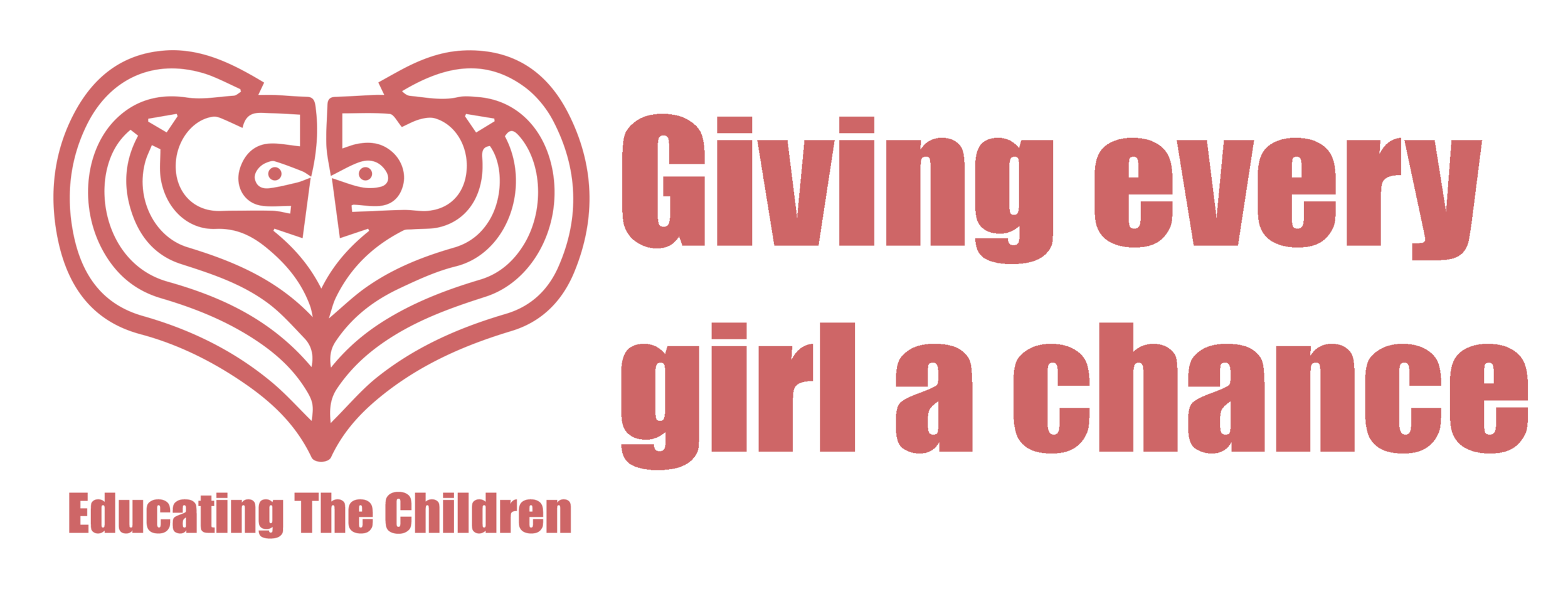Current Campaign
Masai Mara - Sekanani Girls High School
The Problem
The region had 47 primary schools and no secondary schools. A secondary school certificate is required for any type of formal employment in Kenya and so no school means no job means being stuck in the cycle of poverty.
There are additional cultural issues when it comes to girls & women. We conducted a local study that indicated that only 2% of Masai women are employed locally. Families tend to invest in boys to go off to far & distant secondary schools. Girls are married off in their early teens in exchange for cattle (which is essentially their “currency”).
Our Solution
In 2014 we started building Sekenani Girls High School (SGHS), the first secondary school in the region. SGHS currently has over 800 students, and the first cohort graduated in 2018.
SGHS is more than just a place to study but a safe haven from hard labour, child marriage and Female Genital Mutilation (FGM). We ensure our teaching encourages the girls to think creatively and independently. These girls have aspirations to become doctors, lawyers, neurosurgeons and will use their education not just to earn a living but become change makers in their communities. They will marry and have children when they are ready and these children are happy and healthy and have the same opportunities as they did – breaking this vicious cycle forever.
We believe in “handing over” projects to ensure sustainability and true community empowerment. On the school board we ensured that local chiefs & mothers were appointed. The school is now fully run by the local government - Narok County Council. We worked closely with the teachers and local community to ensure high teaching and governance standards were set up before handover.
Our Impact
Through SGHS we are currently providing education and boarding to over 1200 girls
SGHS has recently received government awards in the following categories: best sub county secondary school, best public girls secondary school and best secondary school overall
We had our first cohort graduate in December 2018, with a 100% transition rate into higher education
